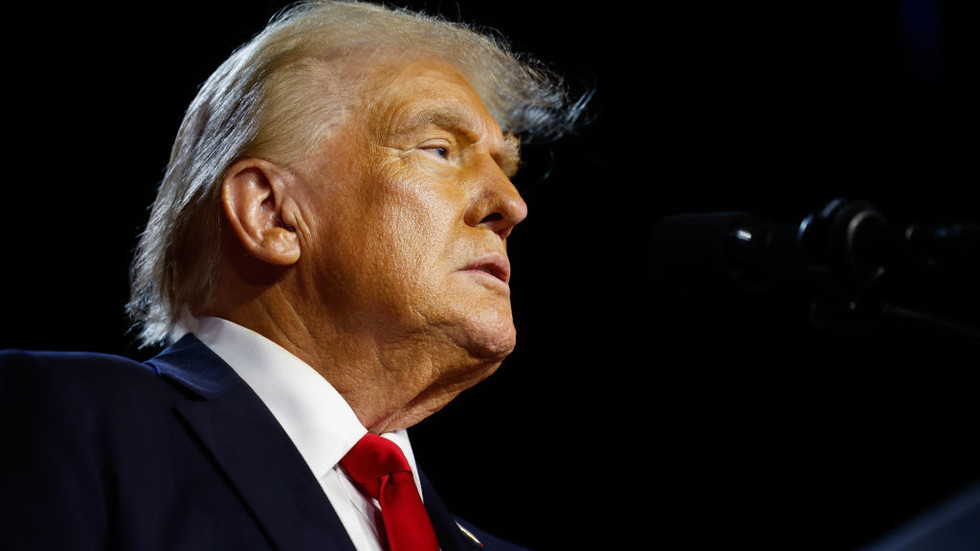Prosecutor Jack Smith’s election interference investigation targeting President-elect Donald Trump appears to be on the verge of being abandoned, particularly following the recent developments in the federal court in Washington, D.C. A federal judge has officially voided the remaining deadlines in the case, which was originally focused on allegations that Trump attempted to overturn the results of the 2020 presidential election. This request to vacate the deadlines was made by Special Counsel Jack Smith, who cited the unprecedented nature of Trump’s election victory as necessitating further assessment of how to proceed with the case. With the new court order now in place, Smith is expected to present a proposed course of action for the case by December 2, which many speculate could lead to the eventual dismissal of the charges before Trump’s inauguration in January.
Smith’s case against Trump stems from allegations that he pressured election officials to dismiss the results of the 2020 election and motivated his supporters to storm the U.S. Capitol on January 6, 2021, in a failed attempt to prevent certified results. However, considerable legal hurdles exist for the prosecution. Notably, the Department of Justice has established policies that protect sitting presidents from being prosecuted for actions taken while in office, which raises questions about the viability of Smith’s case. This has led to speculation that Smith may soon draw the curtain on not only this election interference case but also a related federal prosecution concerning Trump’s alleged mishandling of classified documents.
In addition to his involvement in the D.C. cases, Smith’s investigation covers allegations related to the classified documents case, which involves Trump taking documents to his Mar-a-Lago estate after leaving the White House. This particular case has faced legal challenges and was previously dismissed by a federal judge in Florida. However, Smith has sought to appeal this dismissal, highlighting the ongoing complexities of legal challenges facing Trump. Furthermore, while Smith is pursuing federal charges, Trump is also grappling with various state charges—one for improperly reporting payments made to adult film star Stormy Daniels and another in Georgia for allegedly trying to subvert the state’s election results.
Adding to Trump’s legal woes is the successful prosecution led by Manhattan District Attorney Alvin Bragg, who managed to elevate a misdemeanor charge regarding payments to Daniels into a mount of 34 felony counts. Trump was found guilty on all counts in May, with sentencing scheduled to occur later this month. However, Trump’s legal team is pushing back against this conviction, arguing for its dismissal based on a July Supreme Court ruling that recognized presidential immunity for actions taken while in office. This defense strategy reflects a broader theme of Trump and his legal representatives contesting the legitimacy of charges against him, often framing them as politically motivated.
Despite the serious legal challenges that loomed over his administration and subsequent campaigns, Trump has continued to frame the investigations—including Smith’s probe—as fabrications designed to hinder his political aspirations for the 2024 Presidential Election. He has publicly criticized Smith, labeling him a “crooked person,” and has vowed to dismiss the special counsel quickly if he returns to the White House. This political framing resonates with a significant segment of Trump’s base, who view the various legal actions against him as partisan attacks rather than legitimate legal inquiries.
As the legal landscape shifts in light of Trump’s victory and the associated investigations, the dynamics of these cases will likely undergo significant changes. With Smith preparing to revise his approach and the mounting legal challenges from various fronts, including both federal and state cases, the outcome remains uncertain. Whether these investigations can prevail against the backdrop of Trump’s continued popularity and his claims of political persecution will be a telling indication of how the intersection of law and politics unfolds as the next election cycle approaches. Ultimately, the situation underscores the profound implications of legal proceedings tied to the presidency, especially when entangled with political ambitions and electoral strategies.

